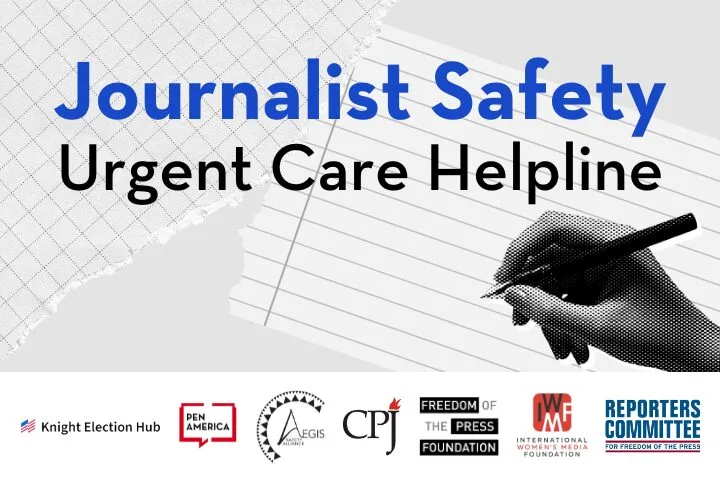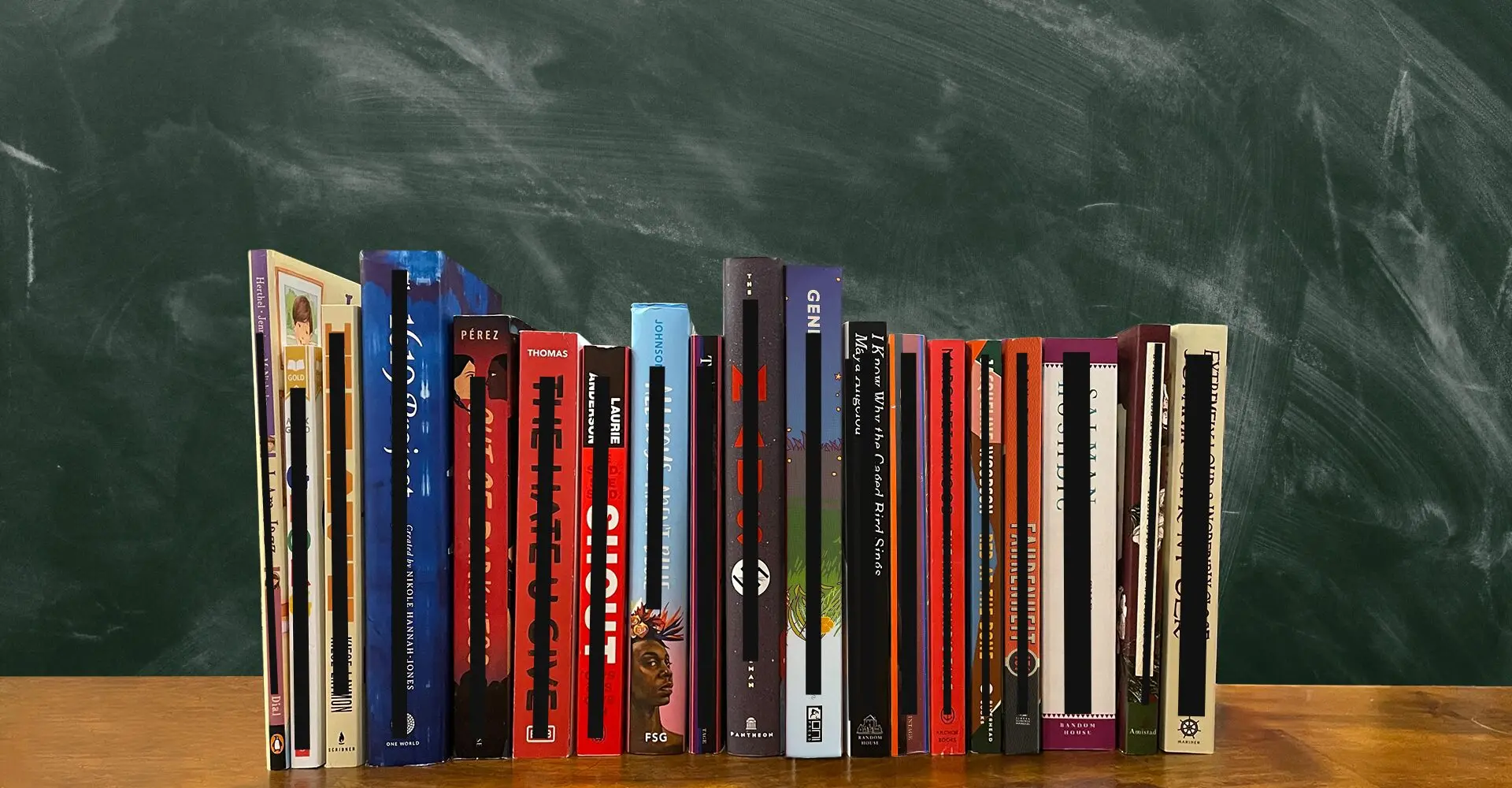The Freedom to Write
PEN America stands at the intersection of literature and human rights to protect free expression in the United States and worldwide. We champion the freedom to write, recognizing the power of the word to transform the world.
Featured Work
Get Involved Today
The Freedom to Imagine
“PEN America’s work, PEN America’s existence, is in many ways an assurance that writers all over the world can, perhaps even should, dare to speak.”
– Chimamanda Ngozi Adichie, author
What We Do
PEN America celebrates literature and defends free expression.
The Latest
Press Releases
Features & Interviews
Featured Events
Author interviews, advocacy trainings, writers workshops, community gatherings and more.

Sign up for free expression updates
Get periodic news about our advocacy, interviews with featured authors, and upcoming events.





























